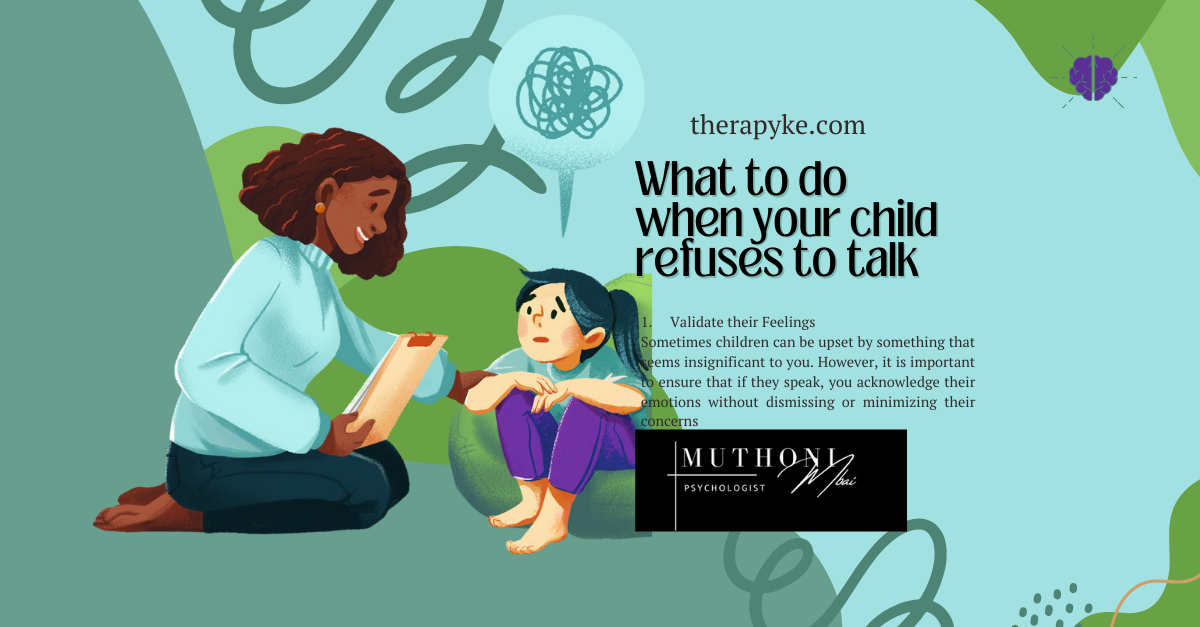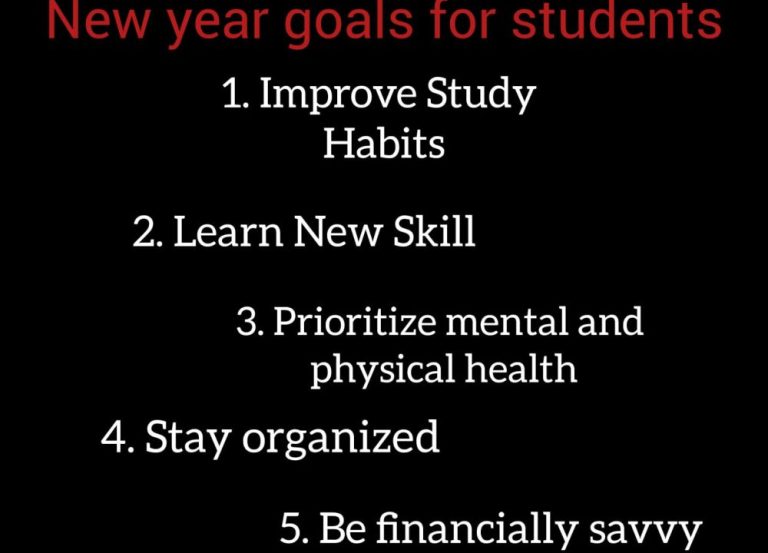
What to do when your child refuses to talk

“Muthoni I have tried everything. Or at least I have done all that I could. I do not know what to do anymore. My daughter has refused to talk to me. We have no any other reason we’re here. We are here because she won’t just talk. I don’t know why, it’s now been 3 days”
Sounds familiar? You are not alone. This was a client a while ago. Tired, frustrated, wondering what they did wrong.
Wondering what to do when your child refuses to talk to you? Read on!
How do you deal with a child who won’t talk to you?
When a child refuses to talk, it is common to feel frustrated. We catch ourselves thinking ‘I’m the person closest to her, I’m I a good parent, really? Where did I go wrong?’
It is important to understand this because frustration could ultimately undermine any effort you make to encourage them to talk.
Here are 10 things to do when your child refuses to talk to you to encourage communication.
- Stay calm and Patient
Close to impossible, right? Given all the frustration, pressuring the child is a common reaction. However, if you have found yourself in this situation, you agree with me that this won’t work.
Give the child space while at the same time ensuring that they know you are available when they are ready. This will ensure that they will not feel like you are not concerned. Remember, sometimes a child refusing to talk may result from feeling like you are not giving them ‘enough attention’ - Create a Safe, Supportive Non-judgmental Environment
Ensure that the child feels emotionally safe to express themselves. In the case they decide to open up, avoid criticizing, confronting or talking to them in a way they feel judged. Doing so may make them to withdraw again. - Be Present without Pressure
Spend quality time with the child without forcing conversations with them. Activities such as cooking, playing, watching, taking a walk with them, cleaning etc. can make them feel comfortable to talk. - Use Nonverbal Communication
Try engaging the child in activities that they love to see if they will open up. Sometimes, children express themselves better through art, writing or play. - Ask Open-Ended Questions
Avoid asking closed-ended questions which can be answered with a yes or no. for example, instead of asking the child ‘Did you enjoy the day?’ ask ‘what was the most enjoyable part of your day?’ - Check for Underlying Issues
A sudden refusal to talk may be a sign of emotional distress, loss, bullying, or anxiety. Be observant about any behavior change. You may want to look for any changes in sleep, appetite, or social interactions. - Model Open Communication
Depending on the age of the child, share your own thoughts and feelings. This shows them that talking about emotions is normal and safe. - Validate their Feelings
Sometimes children can be upset by something that seems insignificant to you. However, it is important to ensure that if they speak, you acknowledge their emotions without dismissing or minimizing their concerns - Give Them Control Over Conversations
If a conversation starts, it’s important to let them decide when to talk, how they talk about it and what point they want to start the conversation from. Keep reassuring them without pressure. - Seek Professional Help
If the silence persists or is accompanied by signs of distress, consider consulting a psychologist or counselor to explore possible underlying concerns.
At what age should you worry if your child isn’t talking?
You should be concerned if your child isn’t meeting key speech and language milestones. However, it’s important to note that children develop at their own pace.
If your child is significantly behind in these milestones, consult a pediatrician, speech therapist, or developmental specialist for evaluation. Early intervention can be highly beneficial.
Here are general guidelines for when to seek professional advice:
- By 12 months: No babbling, pointing, waving, or other gestures.
- By 18 months: No words or difficulty imitating sounds.
- By 2 years: Fewer than 50 words, inability to combine two words (e.g., “more juice”), or difficulty understanding simple instructions.
- By 3 years: Speech is unclear to parents, difficulty forming sentences, or struggles with social interactions.
For more accurate details on guidelines for when to seek professional advice, check out babycenter
What does it mean when a child refuses to talk?
When a child refuses to talk, it can indicate a variety of underlying reasons, depending on their age, personality, and circumstances. Some possible explanations include:
1. Shyness or Social Anxiety-Some children are naturally introverted or feel anxious in social situations, making them hesitant to speak.
2. Emotional Distress-Fear, sadness, stress, or trauma can cause a child to withdraw and stop communicating. Changes in their environment, such as family conflicts or bullying, may contribute.
3. Selective Mutism-This is an anxiety disorder where a child speaks comfortably in some settings (e.g., at home) but remains silent in others (e.g., school or public places).
4. Speech and Language Delays-Children with speech difficulties may avoid talking out of frustration or embarrassment. Delays can be caused by hearing problems, developmental disorders, or neurological conditions.
5. Defiance or Control-Sometimes, refusing to talk is a way for a child to exert control, especially if they feel pressured or overwhelmed.
6. Autism Spectrum Disorder (ASD)-Some children with ASD may have delayed speech development or struggle with social communication.
7. Processing or Cognitive Issues-If a child has difficulty understanding language or processing information, they may avoid talking.



